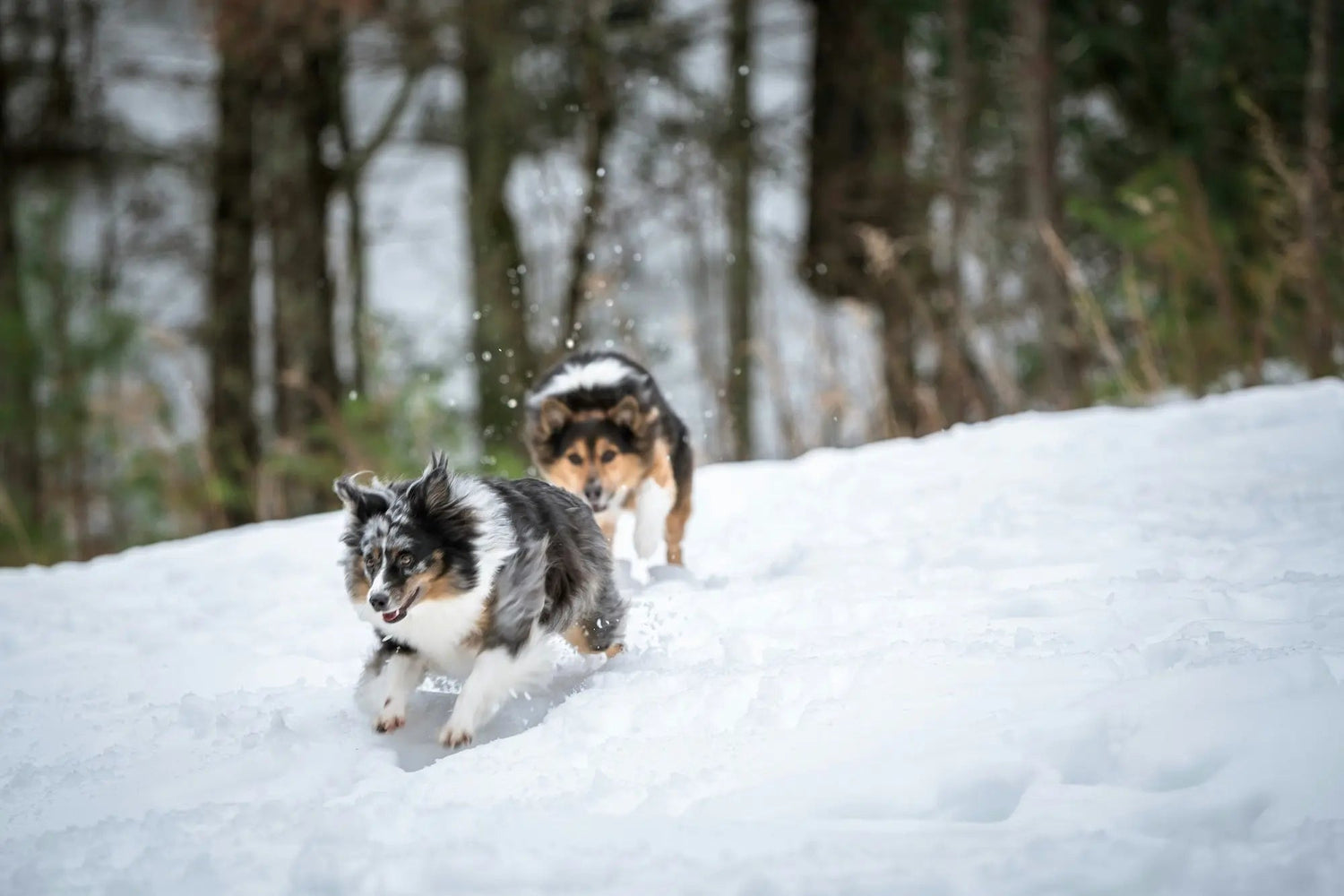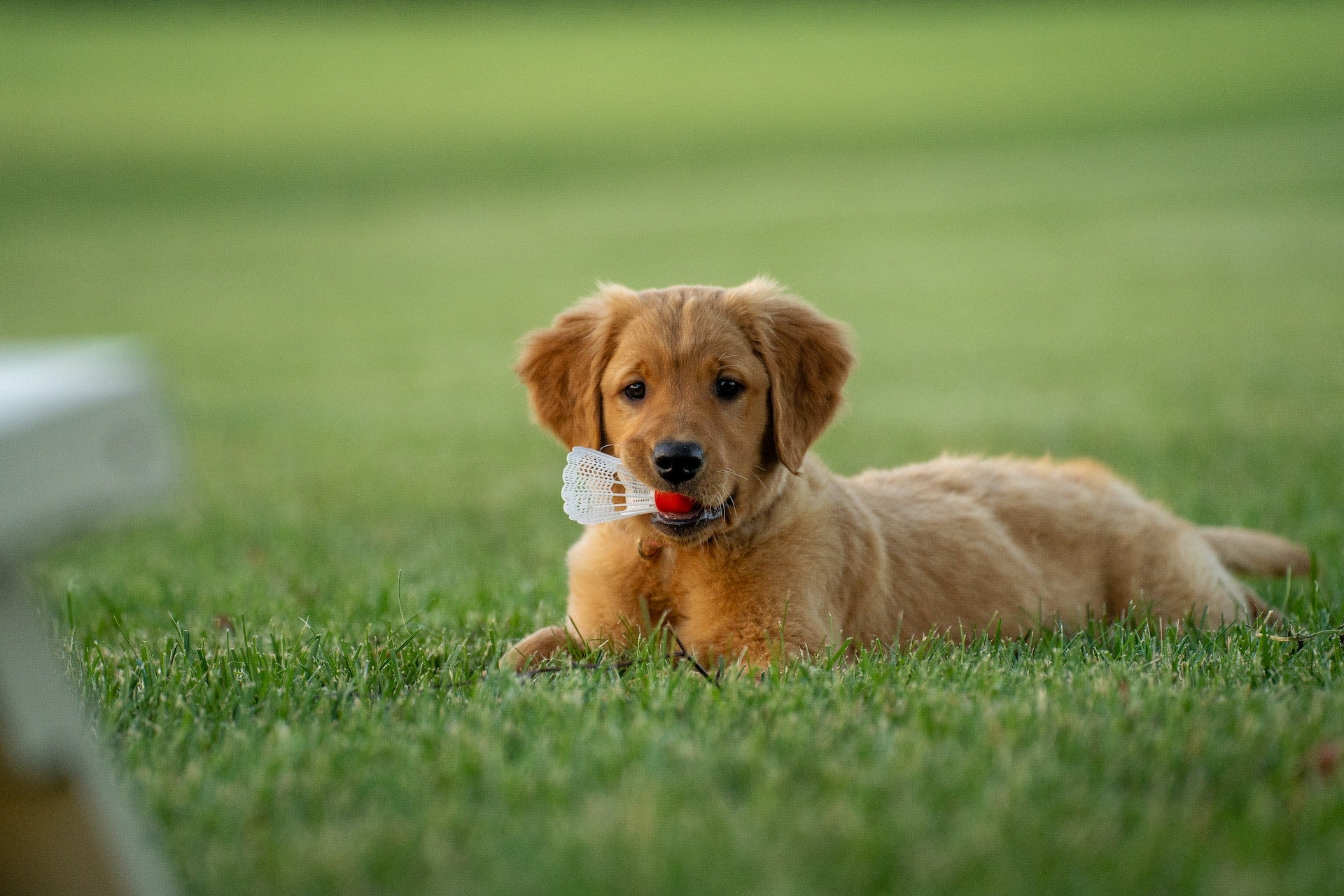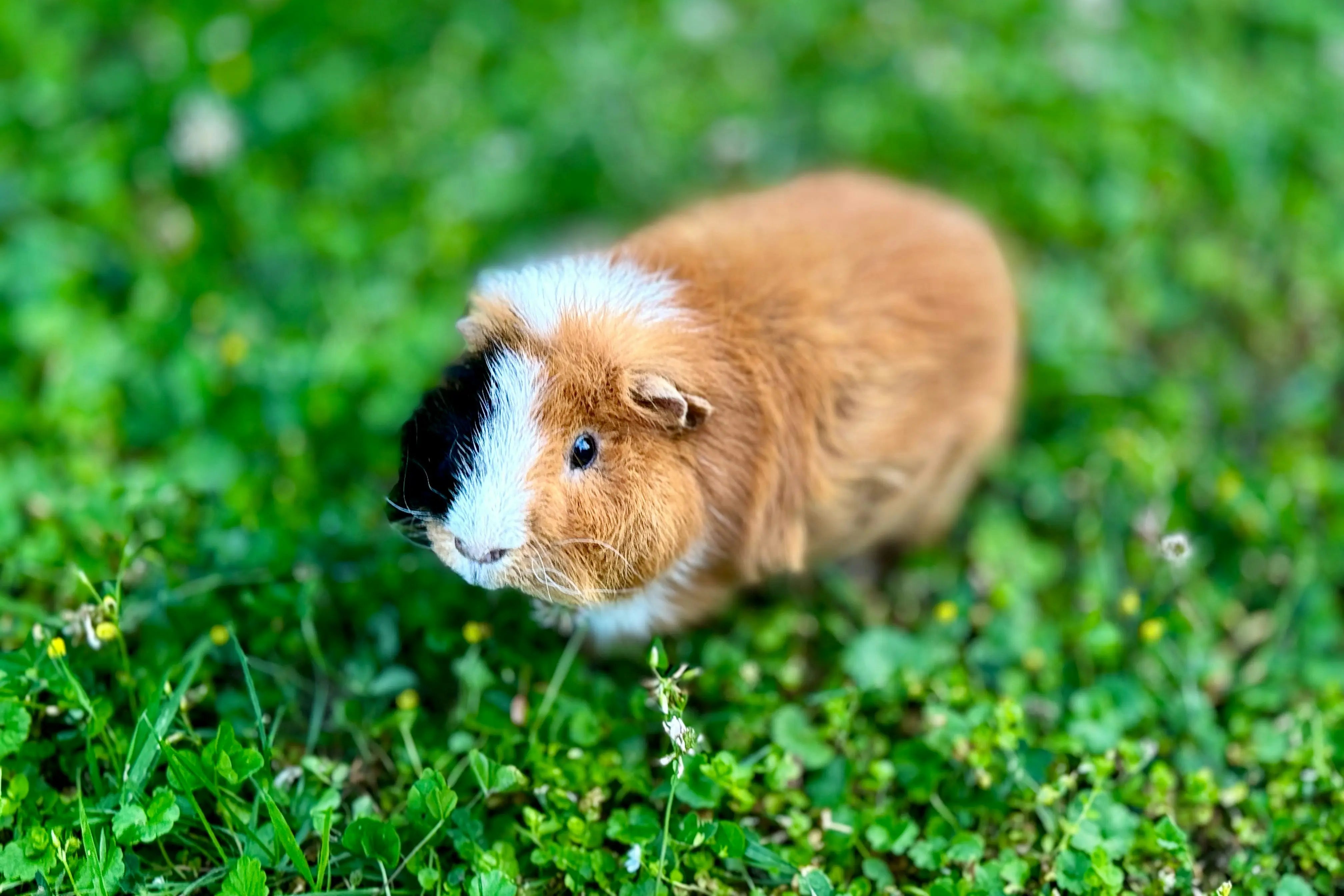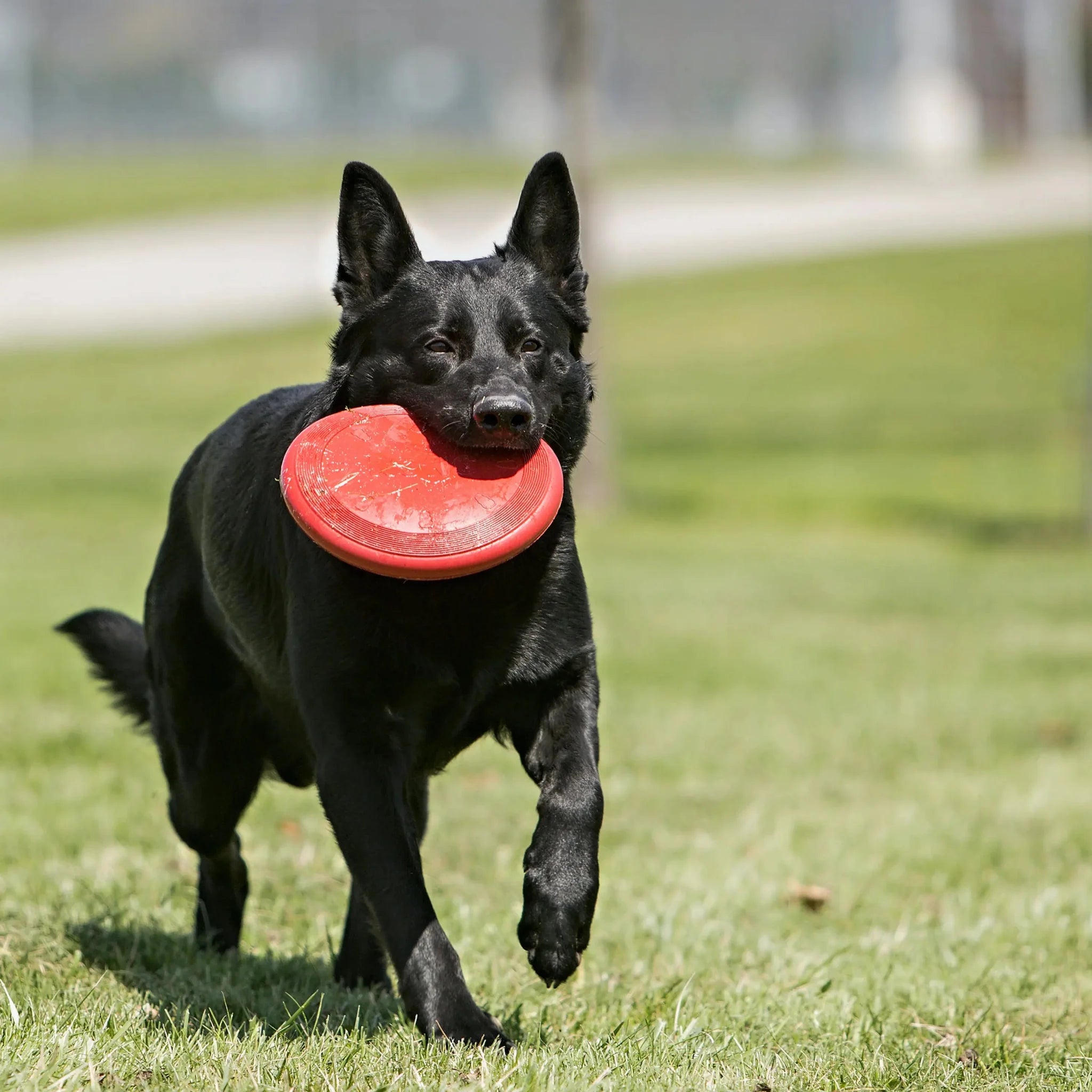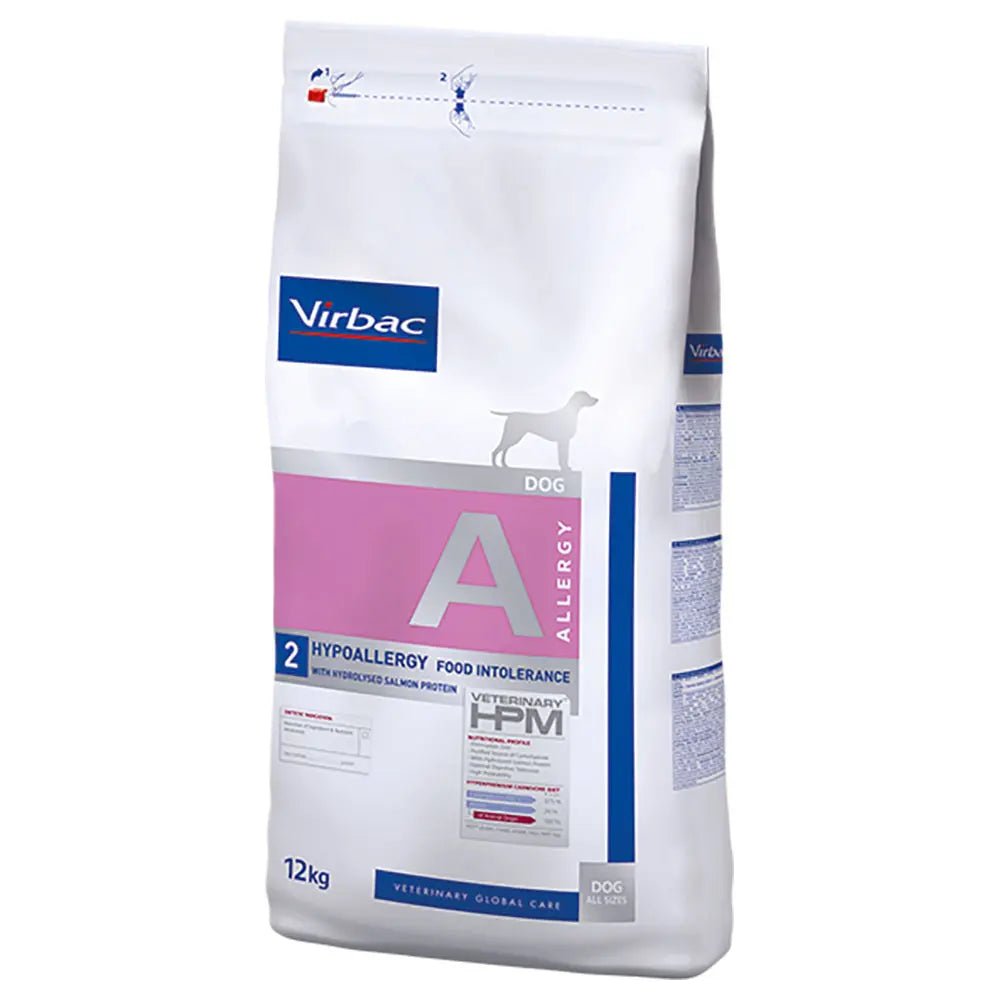Dogs, like us humans, can experience food allergies that can affect their well-being and quality of life. From itching and skin irritations to digestive problems - food allergies can manifest themselves in different ways. But what exactly are food allergies in dogs, and how can you as a dog owner help?
In this article, we take a closer look at the symptoms, treatment options, and the best products to relieve allergic reactions in your dog.
What are food allergies in dogs?
Like humans, dogs can also suffer from food allergies. A food allergy in Dog allergies occur when a dog's immune system mistakenly identifies a common food ingredient as a threat. This can lead to a variety of symptoms that can be uncomfortable for the dog and stressful for the owner.
Common allergens include:
- Chicken
- Beef
- Egg
- Dairy products
- Wheat
- Soy
Symptoms of food allergies in dogs
The symptoms of food allergies in dogs can vary, but some of the most common include:
- Itching: Dogs may scratch themselves constantly, often in areas such as the ears, paws, or around the tail.
- Digestive problems: Vomiting, diarrhea, and gas can be signs of a food allergy.
- Skin irritations: Redness, rash or inflammation of the skin.
- Ear infections: Repeated ear infections may be an indication of food allergies.
If you notice any of these symptoms in your dog, it is important to contact a veterinarian for a proper diagnosis.

How are food allergies in dogs diagnosed and treated?
Diagnosing food allergies in dogs can be a complex process. Veterinarians often use a combination of medical history, physical examination, and elimination diets to identify the specific allergen.
Diagnosis: Elimination diets
Elimination diets are one of the most effective methods for identifying food allergies. This process involves removing potentially allergenic foods from your dog's diet for a period of time, usually 8–12 weeks, and then gradually reintroducing them to see which ones trigger a reaction.
Treatment: Best Dog Food for Allergic Dogs
Once the allergen is identified, a treatment plan can be developed. This includes putting the dog on a special food that does not contain the allergen in question.
Hypoallergenic dog food
Hypoallergenic dog foods are specially formulated to reduce the risk of allergic reactions. These products often contain protein sources that are less likely to cause allergies, such as lamb, fish, or insect proteins, as well as carbohydrates such as potato or rice.
There are many good dog foods for dogs with food allergies on the market. At A-Vet Shop we offer hypoallergenic food from well-known brands such as Virbac, Farmina, Hill's, Royal Canin and Eukanuba.
👉 Explore popular allergy foods for food sensitivities in dogs here!
NB. Diet food should only be used on the recommendation of a veterinarian! Book an appointment at our animal clinic, A-Vet Smådyrklinikk , in Larvik.
Dietary supplements and treatment
In addition to allergy food, supplements can also play a role in treatment. Omega-3 fatty acids, for example, can help reduce inflammation and support skin and coat health. Ask your veterinarian for recommended products that are suitable for your dog.
👉 Explore our selection of vitamins and supplements here!

Product Tip: Recommended Products for Dogs with Food Allergies
There are a variety of products available to help dogs with food allergies, from allergy foods to treats and supplements .
Allergy dry food for dogs
- Royal Canin Hypoallergenic
- Royal Canin Derma Hypoallergenic
- Royal Canin Hypoallergenic Small Dog
- Royal Canin Derma Hypoallergenic Puppy
- Royal Canin Anallergenic
- Hill's Prescription Diet z/d
- Hill's Prescription Diet Canine d/d
- Hill's Prescription Diet Derm Complete
- Farmina VetLife UltraHypo
- Virbac HPM Dog A1 Hypoallergy Insect Protein
- Virbac HPM Dog A2 Hypoallergy Hydrolyzed Salmon
Allergy wet food for dogs
Are you wondering if allergy food is right for your dog? Contact our veterinarians at A-Vet Small Animal Clinic in Larvik .
Dietary supplements for skin and coat
Omega-3 supplements: Products such as fish oil or flaxseed oil can help relieve skin irritation and improve the condition of the coat.
Probiotics: These can support the digestive system and contribute to a healthy gut flora, which can be especially helpful for dogs with digestive issues related to allergies.
Allergy-friendly treats
When dealing with a dog with food allergies, it's important to choose the right type of treats. Look for treats specifically made for allergic dogs, or make homemade alternatives using ingredients that you know are safe for your dog.
Take a look at these products:
👉 Explore our selection of Mono Protein snacks for dogs 😋

Food allergies in dogs can be challenging, but with proper diagnosis and treatment, you can give your dog a healthy and comfortable lifestyle. By choosing the right hypoallergenic dog food, supplements, and hypoallergenic products, you can help your dog live an allergy-free life. Always remember to consult your veterinarian for advice tailored to your dog's needs.
🐾 Did you like this article? Then we think you will also like " allergies in dogs " 🐶





